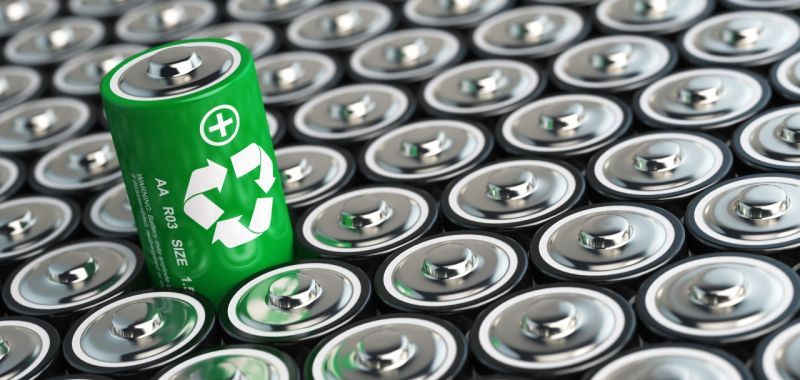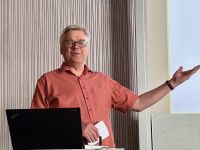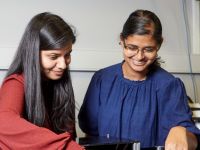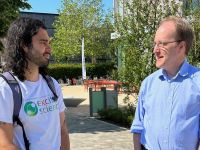
Fully charged: Prestigious grant awarded to investigate battery recycling
Dr Sherif A. Tawfik Abbas of RMIT University and Exciton Science has been awarded the prestigious Alfred Deakin Postdoctoral Research Fellowship (ADPRF).
ADPRFs are intended to build research and innovation capability and excellence and create impact in strategic priority research strengths at Deakin University.
The fellowships support and develop early career researchers, aiming to enhance Deakin’s capacity and capability in key research areas and build the next generation of high achieving and internationally competitive researchers.
A materials and data scientist with a PhD in physics, Sherif will move from RMIT’s Theoretical Condensed Matter Physics Laboratory to Deakin University in June 2021, where he will work with Professor Tiffany Walsh of the Institute for Frontier Materials (IFM).
“I’ll be using theoretical methods based on quantum mechanics and machine learning to guide battery recycling,” Sherif said.
“You have a massive number of lithium batteries that are no longer functioning, and we want to find a way either to extract the lithium, cobalt or other precious materials, or to find a way to re-use them.
“This sort of work needs two types of researcher, one in the lab to work out all the electrochemistry of battery recycling and material extraction, which is a very tough problem, and another to use quantum mechanics, simulations and machine learning to find ways to safely extract the elements by understanding the chemical environment inside the electrode. That’s what I’m proposing.”
For Sherif, being awarded the fellowship is an example of the invaluable importance of networking within academia.
“Tiffany has been enormously helpful in the whole process,” he said.
“I met her at a conference in 2019. I knew she was from Deakin and is doing really amazing molecular dynamics research. When I learned about the fellowship, I contacted her and told her I’d like to nominate her as my supervisor for the fellowship
“I always tell my students, ‘know people, meet people, let them remember your name, as much as you can.’ It’s not just sending your CVs to people. Knowing people face to face in conferences is really, really good for job hunting.”
While Sherif will be leaving RMIT, gaining the ADPRF does not mean the end of his relationship with Exciton Science. He will continue to collaborate closely with the Centre’s Deputy Director Salvy Russo, as well as colleagues including Chief Investigator Jacek Jasieniak and research fellow Tharindu Warnakula, both at Monash University.
“It was really hard for me to tell Salvy, he’s amazing. A really great boss,” Sherif said.
“We have a lot of projects we are working on, including photoluminescent defects, photovoltaics materials and machine learning, and they’re all part of Exciton Science. When I move to Deakin I will continue collaborating on these projects.”
Successful ADPRF applicants are provided with a grant to help initiate their research, although Sherif is fortunate to be able to store his most important item of equipment in a backpack.
“I’m a theoretician, so the lab is my laptop,” he said.
“I’ve also got computing time secured at the NCI (National Computational Infrastructure) and also in the United States at the Cori supercomputer, part of the NERSC (National Energy Research Scientific Computing Center) in Oregon.”
The members of Exciton Science congratulate Sherif on his successful application and look forward to collaborating with him further as he embarks on the next steps in his exciting career.







